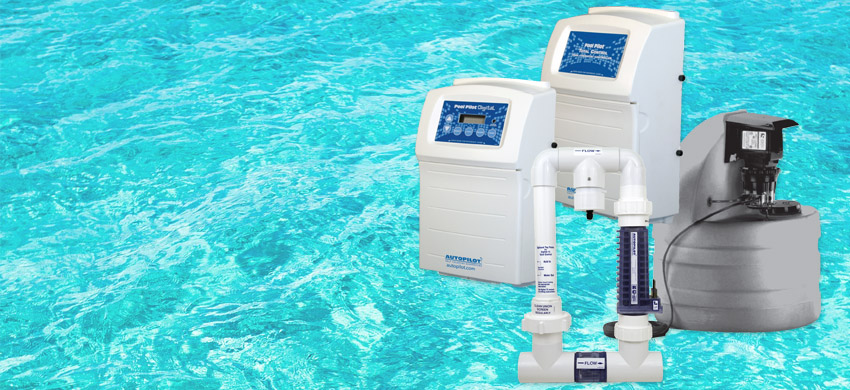State License #RP252555121

Many customers have heard people say they’ve converted their chlorine pool to a saltwater pool, and they call and ask us what that means. Liquid chlorine, (hyposodium chloride) is the chemical used to sanitize the pool water. Upon the testing and balancing process for the water, if the chlorine level is low, liquid chlorine will be added to the pool water. The salt system, which is installed at the pool equipment, will allow for chlorine to be generated through a salt cell. Salt (actual table salt) can be added to the pool which will allow for the generation of chlorine through the process of electrolysis. This eliminates the need to pour the liquid chlorine into the pool. Many people observe their pool water looking more clear, more blue, and overall looking better than when the liquid chlorine was added.
Some people have sensitivities to the chlorine (bleach) which is added to swimming pools. Their skin may break out, their hair may become brittle. Their ears, eyes, nose and throat may become aggravated. Some people may be allergic to chlorine and become physically sick when they swim. The salt system allows for a reduction in those symptoms since the chlorine is generated from salt. Also, hyposodium chloride has a byproduct which is left behind in the pool water. Chloramines are a chemical compound that remain in the pool water and can make the water smell bad, look dirty, and again increase sensitivities in swimmers.
Many people often say that if they have a salt system they will not have chlorine in their pool water. This is false. With a saltwater pool, there is still a chlorine level in the water. the chlorine is needed to disinfect the water. There are other chemicals which will also need to be added to the water to balance the water chemistry. Muriatic acid will be needed to control the ph. Sodium bicarb will be needed to balance the alkalinity. Calcium chloride will be needed to balance the hardness. Cyanuric acid is needed as conditioner for the chlorine that is produced. And a sequestering agent is recommended for metal control. Although the salt system eliminates the need for strong chlorine to be poured into the pool, there still will be a need for other chemicals.
Once a salt system is installed on a pool, people have noticed the water becomes crystal clear (assuming their filter cartridge is in good condition). The water smells good instead of smelling stinky and dirty. The water is very soft. The overall enjoyment of swimming is greatly increased, and especially for people who use their pool to entertain, swimmers love the water and don’t want to get out of the pool. We do not have one customer who has not been completely satisfied with switching to a saltwater pool.
For more information, or a quote on installing a salt system for your pool, please call our office at 239-774-2230.



1 Comment
John
June 2, 2017My daughter has a sensitivity to chlorine, so my wife and I had thought we couldn’t get a swimming pool. It’s interesting to me that although chlorine is still used in a salt water pool, the symptoms of sensitivity are greatly decreased. I think this could be a good option for us to look into since a swimming pool would be great for family fun in the summer.
Comments are closed.